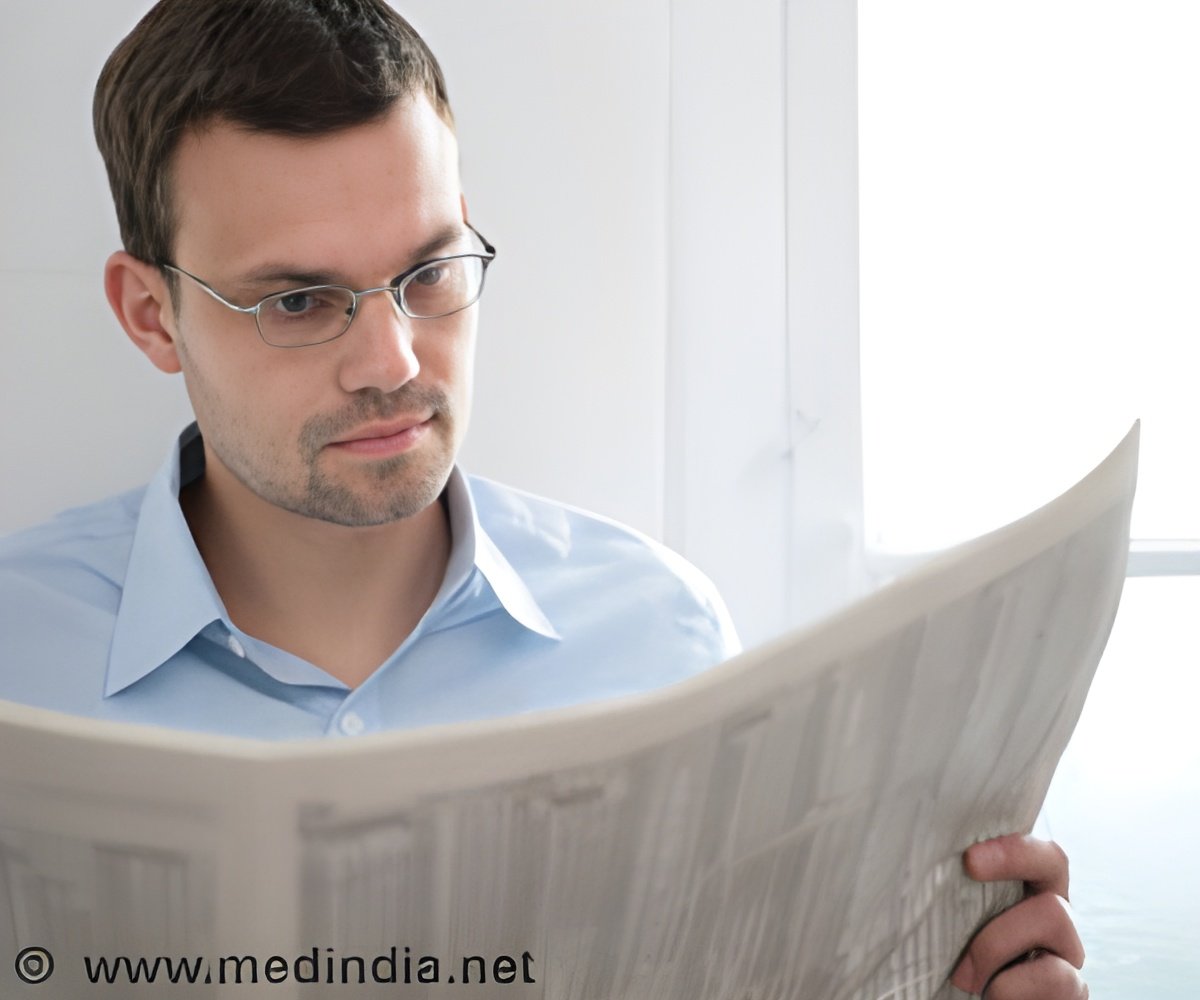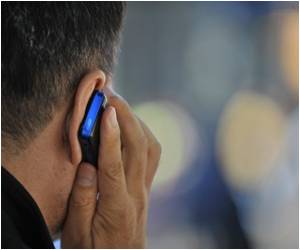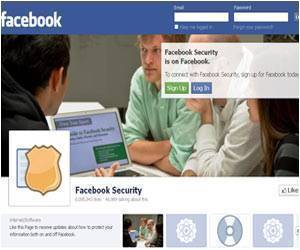Media reports on health hazards may trigger the symptoms even in the absence of the source, finds a recent study.

Dr. Witthvft explains, "The mere anticipation of possible injury may actually trigger pain or disorders.” This is commonly known as the nocebo effect.
Wi-fi, which uses radio waves, has become a very common technology in our day-to-day lives. Though there is no significant evidence that exposure to Wifi signals or electromagnetic waves of less intensity causes health hazards, some people have reported symptoms like headaches, dizziness, burning or tingling sensations on their skin, which they assume is due to exposure to these waves. This condition is known as electromagnetic hypersensitivity.
Previous researches have shown that people who are electromagnetic hypersensitivity are unable to tell whether they were actually exposed to these radiations. However, brain imaging has shown that brain regions that process pain were active in people with electromagnetic hypersensitivity.
The study involved 147 participants who were divided into two groups. One group of participants watched a BBC One documentary, about the potential health hazards supposedly associated with cell phone and WiFi signals, while the other group watched a report on the security of internet and mobile phone data.
Both the groups were then exposed to fake Wifi signals that they were made to believe were real.
According to the authors, the findings demonstrate the impact of sensationalized media reports, many of which lack enough scientific evidence, on the health of some viewers and readers. Dr. Witthöft has highlighted the need for media and science to work together and present the accurate information with scientific data on health hazards of latest technologies to avoid impacts on the society.










